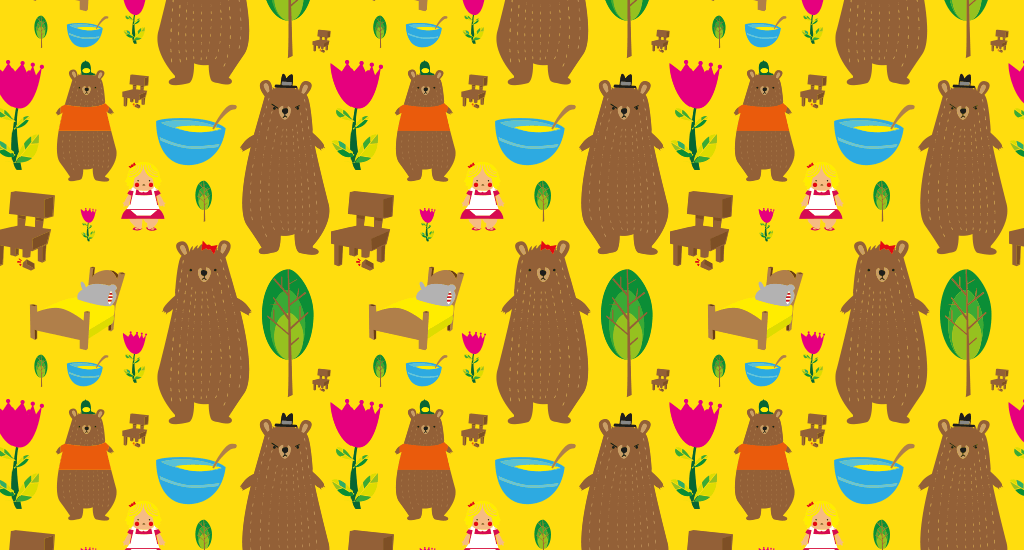Goldilocks

Goldilocks – aggettivo
There is a persuasive case that the effective use of digital technologies for learning is an example of the Goldilocks Principle.
The Goldilocks zone is a part of a solar system which is essentially where it is not to cold or warm for a planet to contain life.
A Goldilocks planet is the right distance from its Sun to allow temperatures for liquid water.
The Goldilocks scenario of 1-2 per cent growth is the best that the government can hope for.
Ci sono tanti contesti in cui torna utile un termine che descrive la via di mezzo ideale tra due fattori opposti o contrari: dall’economia e la politica alla medicina, la fisica e l’astronomia; un termine che rende l’idea di qualcosa di adeguato, di ‘giusto’. Per fortuna, intorno alla metà del secolo scorso qualcuno ha avuto un’illuminazione e ha iniziato a usare il termine Goldilocks per riferirsi a questo tipo di situazione. Riccioli d’oro, ovvero Goldilocks, è la protagonista di una fiaba inglese arcinota nella cultura anglosassone. La bambina birichina entra nella casa di tre orsi mentre loro sono in giro per il bosco e alla ricerca di quelli che fanno al caso suo prova tre sedie, tre ciotole di porridge e tre letti, mandando all’aria la pace dell’abitazione e della vita di Papà Orso, Mamma Orso e Orsetto. Mi sembra una metafora eccellente per la ricerca dell’equilibrio nel mondo reale.
Origini del termine
Il termine Goldilocks nel significato appena descritto risale al 1949, quando fu usato in una rivista letteraria americana, The Sewanee Review. Viene sempre preposto al sostantivo.
Traduzione di Loredana Riu
Goldilocks – adj
There is a persuasive case that the effective use of digital technologies for learning is an example of the Goldilocks Principle.
The Goldilocks zone is a part of a solar system which is essentially where it is not to cold or warm for a planet to contain life.
A Goldilocks planet is the right distance from its Sun to allow temperatures for liquid water.
The Goldilocks scenario of 1-2 per cent growth is the best that the government can hope for.
There are all kinds of contexts in which a term is needed to describe the most favourable possible balance between opposing factors, from economics and politics to medicine, physics and astronomy; a term that conveys the idea that something is ‘just right’. Fortunately, around the middle of the last century someone had the bright idea of using the term Goldilocks to refer to these kinds of situations. Most people know the story about a naughty little girl who enters the house of three bears who have gone out for a morning stroll. Her pursuit of a seat, a bowl of porridge and a bed that are all just right for her may lead to the unintentional trashing of the bears’ house, but it is an excellent metaphor for the pursuit of the ideal balance in the real world.
Origin
The term Goldilocks to describe an ideal scenario or situation was first used in 1949 in an American literary magazine, The Sewanee Review. It was quickly adopted by writers in different specialist fields to refer to their own subjects of concern, from economies to solar systems. It is always used before a noun.



